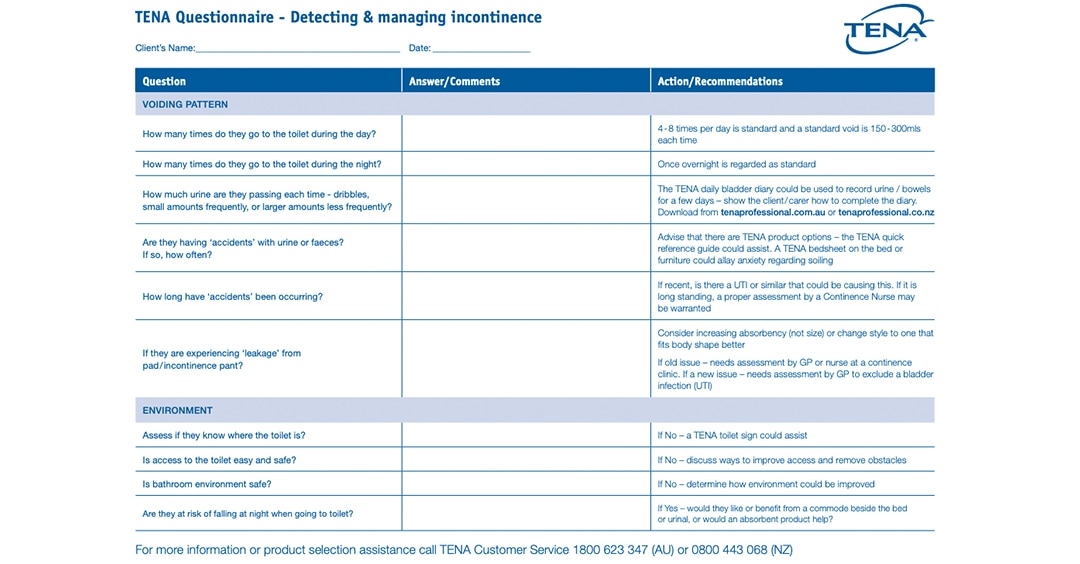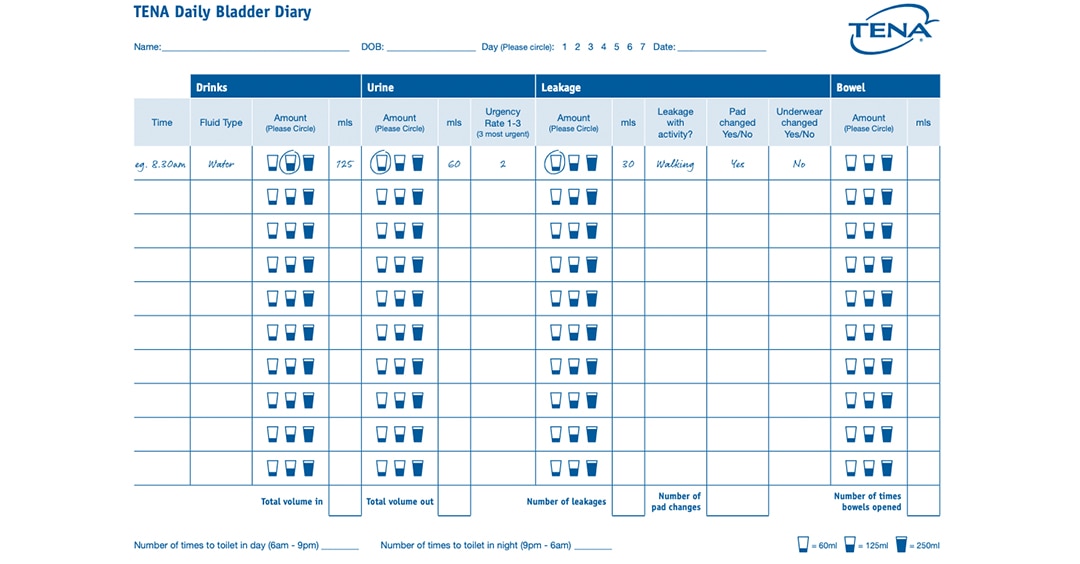In the early to mid stages of dementia, persons with dementia have a functional incontinence. Their barriers to speech, language, understanding, and dexterity can lead them to have accidents, not because they have a weakened pelvic floor or physiological or neurological changes to their bladder, bowel or sphincters. But as the dementia progresses, and significant damage to the brain occurs due to the disease process, it leads to a “true” incontinence, where the person with dementia will have no knowledge their bladder is filling or is full, or have no control over passing urine or faeces.









